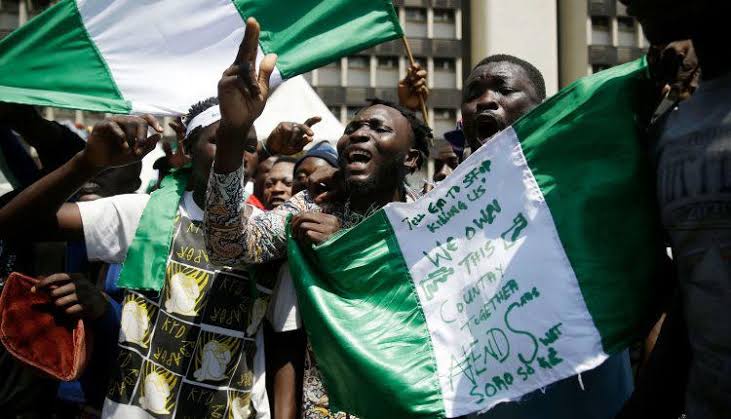The ongoing saga surrounding the Nigerian government’s efforts to freeze funds linked to the #EndBadGovernance protests have taken a new twist. Despite official claims that significant amounts of money tied to the protest sponsors have been blocked, recent reports suggest that some of the Nigeria crypto wallets connected to the movement are still active.
On August 13, during a Council of State meeting presided over by President Bola Tinubu at the Aso Rock Villa in Abuja, National Security Adviser Nuhu Ribadu announced a major breakthrough. Ribadu claimed that the government had successfully frozen a total of 83 billion Nigerian naira ($52 million) in both cryptocurrencies and fiat currencies. This includes 78 billion naira ($50 million) in cryptocurrency allegedly held in four wallets, and another 4 billion naira ($2,540) purportedly linked to political actors from various states including Abuja, Kano, Kaduna, and Katsina.
However, the government’s assertion of a successful freeze has come under scrutiny. A local media investigation into the wallet addresses in question has uncovered discrepancies that cast doubt on the effectiveness of the government’s actions. Contrary to the official narrative, some of these wallets continue to perform transactions, raising questions about the accuracy of the reported amounts.

According to reports, one wallet, which was claimed to have a balance of 1.5 million naira ($967), was found to hold only 270,796 naira ($172) upon closer inspection. Another wallet, supposedly containing 698 million naira ($443,512), was discovered to have only 367 million naira ($233,574). These findings suggest that the government’s figures may not be entirely accurate, and the wallets may not be as frozen as initially claimed.
Furthermore, the wallets in question, which have been traced to cryptocurrency exchanges KuCoin and MEXC, have been observed to engage in active transactions. In one significant instance, a sum of 78 million naira ($50,000) was transferred to an unknown wallet and then swiftly moved to another address. The identity of the wallet owners remains undisclosed, and it is unclear whether the exchanges holding these wallets have been cooperating with the authorities.
This situation highlights the challenges that governments face when dealing with cryptocurrency transactions. Unlike traditional financial systems, blockchain technology offers a level of decentralization and anonymity that makes it difficult for authorities to enforce freezes and track funds effectively. While the Economic and Financial Crimes Commission (EFCC) has been investigating the funds for alleged money laundering and terrorism financing, the ongoing activity in these wallets raises concerns about the efficacy of the government’s actions.
A crypto forensic expert interviewed by local media explained that while the government can request an exchange’s cooperation in an investigation, compliance is not guaranteed. Exchanges are only required to cooperate if there is a strong legal basis for the request, and even then, they may resist if they believe the demands are unfounded.
This situation also sheds light on the broader regulatory challenges faced by authorities in the age of digital finance. The discrepancies between the government’s claims and the blockchain data highlight the tense dynamic between digital finance and state authorities. As governments around the world grapple with the complexities of regulating cryptocurrencies, the Nigerian government’s experience serves as a cautionary tale about the difficulties in enforcing financial controls in this new landscape.

During the #EndBadGovernanceInNigeria protests, the use of cryptocurrency became a significant tool for organizers and supporters to bypass traditional financial restrictions. This development has not only drawn attention to the potential of digital currencies but has also sparked calls for regulatory reforms that could benefit both the industry and the broader economy.
Despite the Nigerian government’s claims of freezing significant funds, the continuing activity in these wallets reveals a more complex reality. As the situation unfolds, it becomes clear that effective regulation of cryptocurrency transactions will require more than just government decrees.
For more updates on this subject and news on the general cryptocurrency industry, stay tuned to DeyThere.










